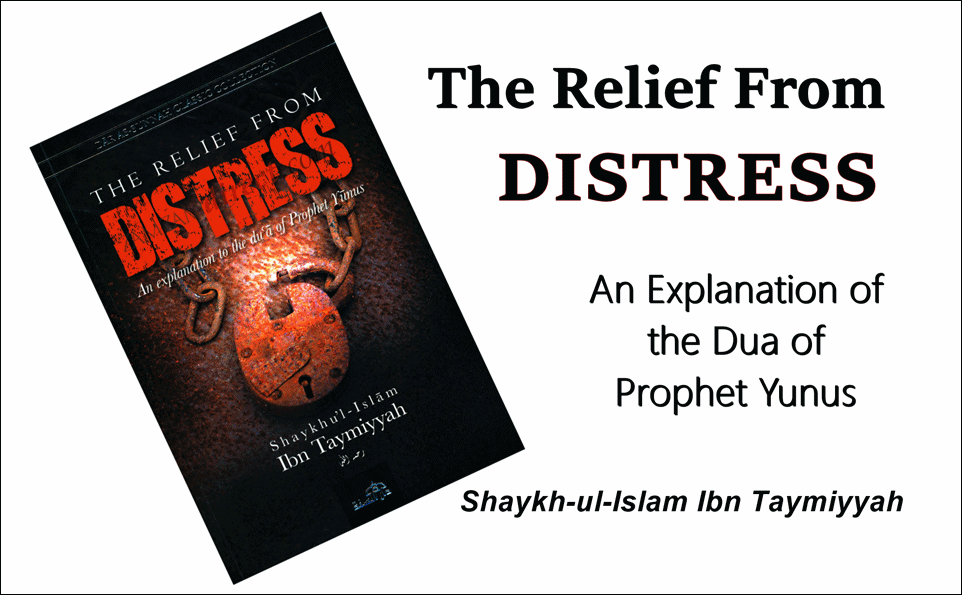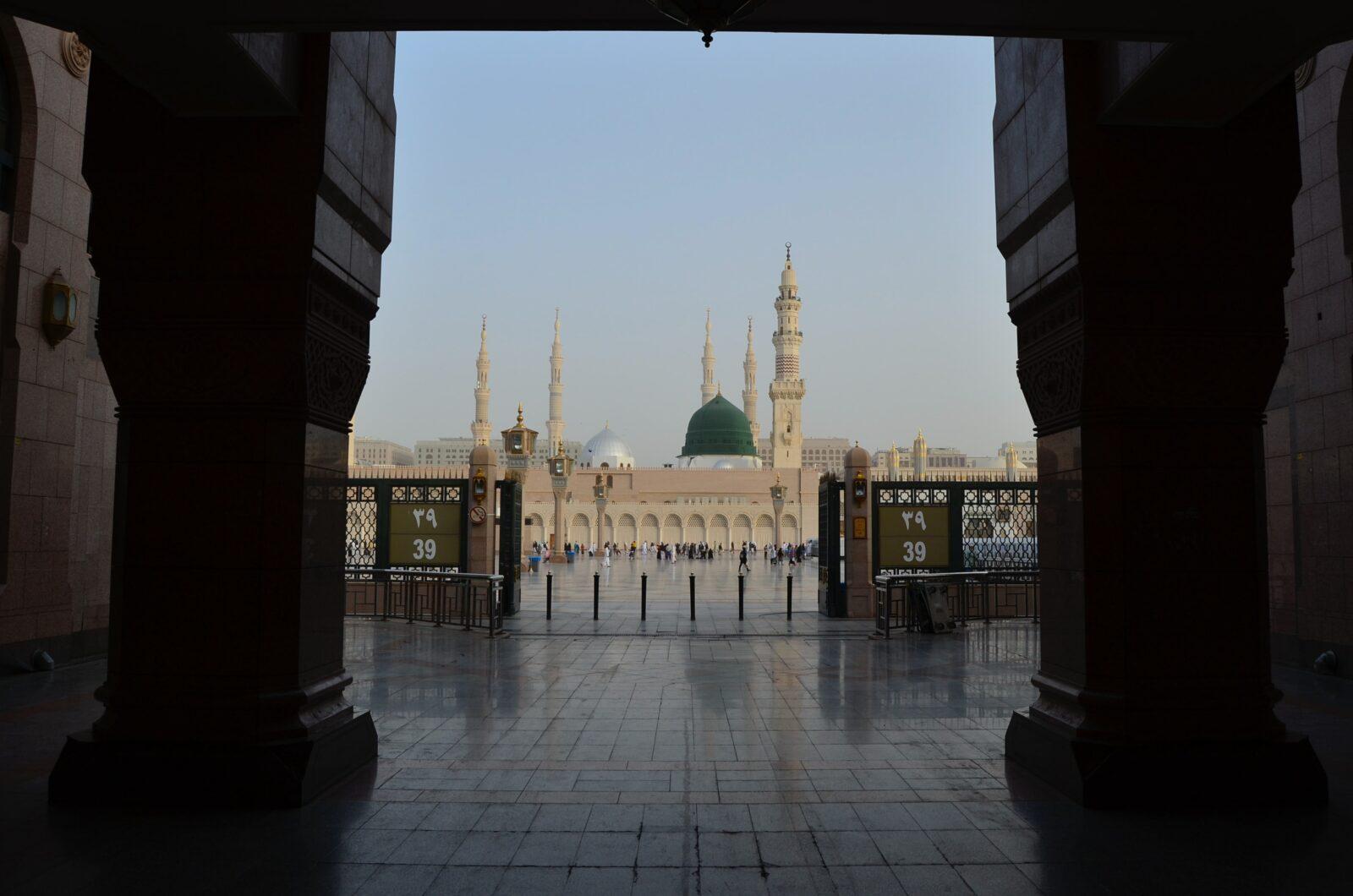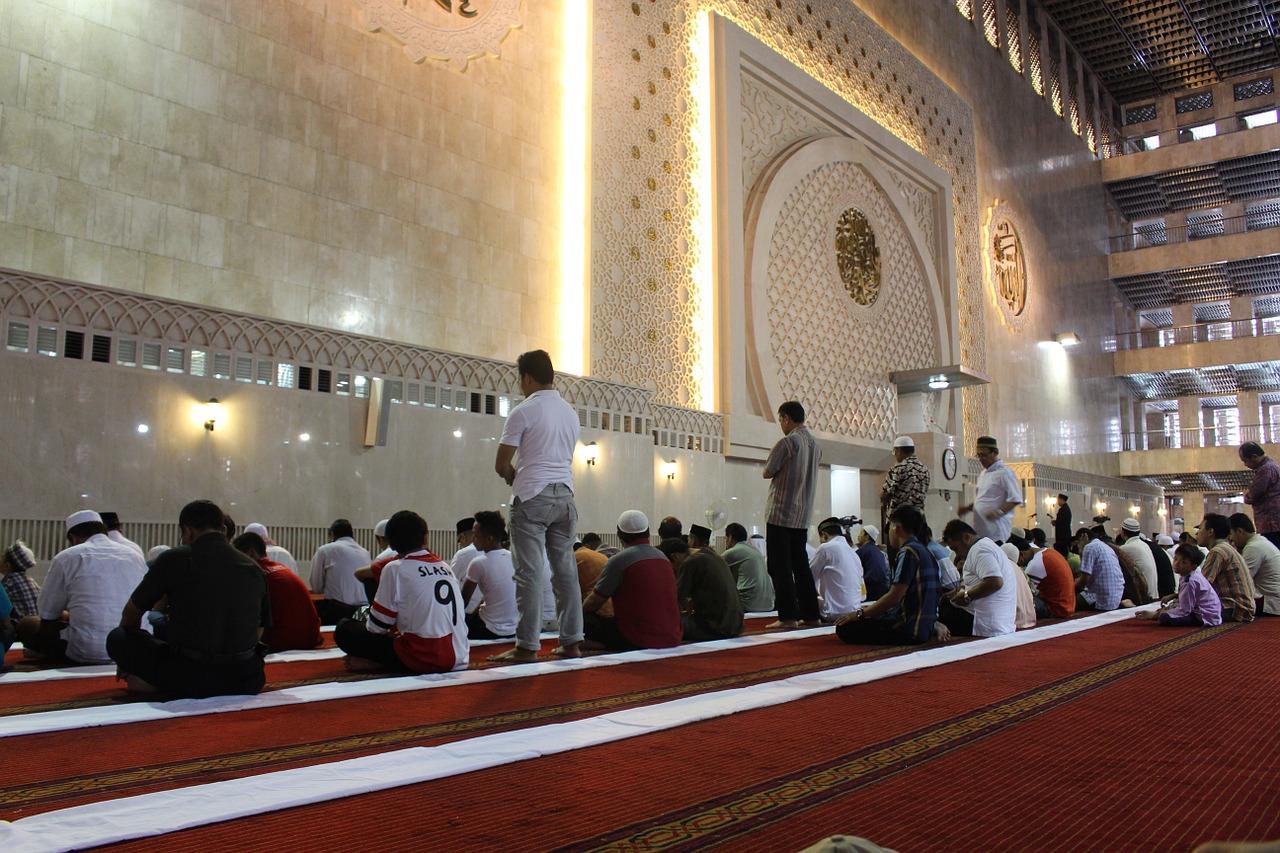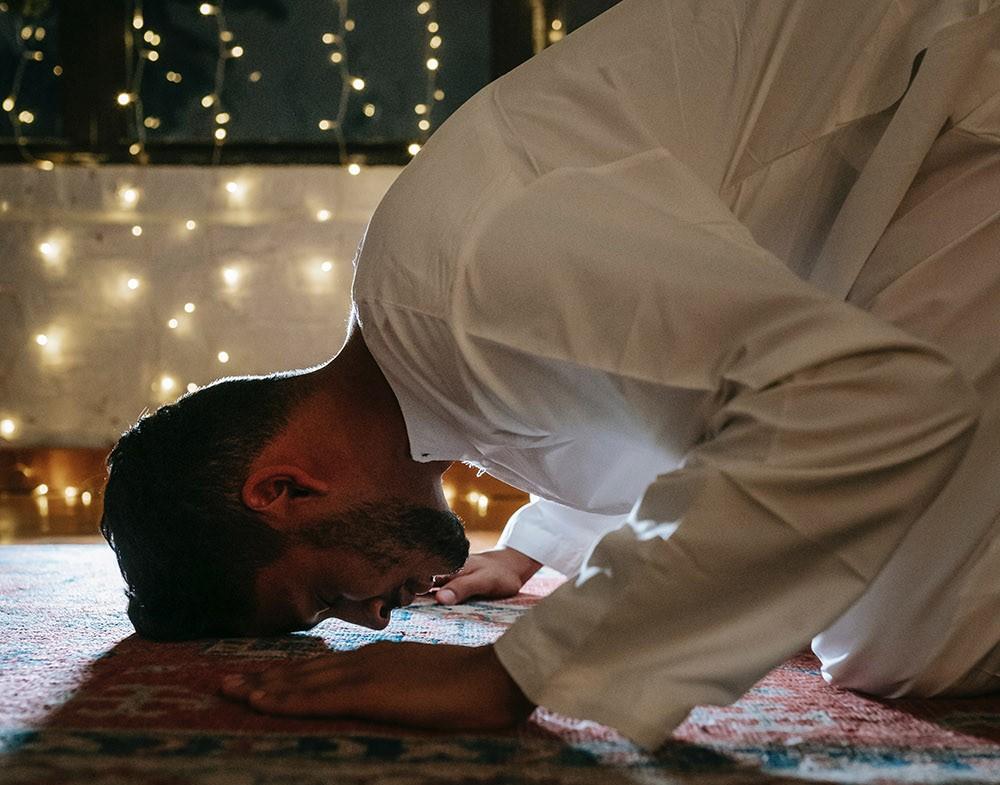THE Prophet ﷺ said: “The supplication of Dhun- Nun (Prophet Yunus) when he supplicated, while in the belly of the whale was:
لاَ إِلَهَ إِلاَّ أَنْتَ سُبْحَانَكَ إِنِّي كُنْتُ مِنَ الظَّالِِينَ
‘There is none worthy of worship except You, Glory to You, Indeed, I have been of the transgressors.’
So indeed, no Muslim man supplicates with it for anything, ever, except Allah responds to him.” [Jami at-Tirmidhi]
The background story of Prophet Yunus’s عليه السلام du’aa is well known, but not many of us know why this du’aa is so special and virtuous, to the extent that whenever a Muslim supplicates, his supplication will be answered.
Shaikh al-Islam Ibn Taymiyyah, one of the greatest scholars of his time, wrote an entire book, The Relief From Distress, simply explaining the supplication of Yunus عليه السلام. The book is originally in Arabic and is translated in English by Abu Rumaysah.
It is a book whose pages are filled with knowledge, reminders, reflections, Quranic verses, hadith, sayings of the Companions and the Righteous Salaf, examples from the past and most importantly du’aas. For example, the author quotes this beautiful du’aa of the Prophet ﷺ:
اللَّهُمَّ إِنِّي أَعُوذُ بِكَ مِنْ عِلْمٍ لاَ يَنْفَعُ وَمِنْ نَفْسٍ لاَ تَشْبَعُ وَمِنْ دُعَاٍء لاَ يُسْمَعُ وَمَنْ قَلْبٍ لاَ يَخْشَعُ
“O Allah I take refuge with You from knowledge that does not benefit, from a soul that is never satisfied, from a supplication that is not heard and from a heart that does not fear Allah.” [Sahih Muslim]
The author starts with a detailed explanation of the meaning of ‘du’aa’, and then moves further explaining the du’aa of Yunus عليه السلام , the condition of Yunus عليه السلام, the greatness of Allah Who does not wrong anyone, and the meaning of oftrepeated words of remembrance such as Subhanallah and La Ilaha Illa Allah.
He mentions:
“His saying, i.e Yunus عليه السلام ‘I have been the amongst the wrongdoers’ comprises an acknowledgement of the reality of his situation. It is not possible for any of the servants ever to be free of wrongdoing or to declare himself free of it, especially when intimately conversing with his Lord.”
What makes this du’aa so special is its connection with Tawheed and forgiveness. After reading this book, I realised that my manner of asking, and my supplication itself points out the belief that I carry in my heart. It also made me reflect upon the importance of Tawheed, the importance of turning back to Allah always, and also the importance of repentance.
Ibn Taymiyyah says:
“People may say the testification that none has the right to be worshipped save Allah upon their tongues, but when it is said sincerely,coming from the heart it takes on board a completely different reality.”
He also says:
“Acknowledgment of sin, if it includes repentance, combined with Tawheed, leads to forgiveness. When sin is forgiven, its punishment is averted for forgiveness is a shield protecting one from the evil of that sin.”
THE book talks a great deal about Tawheed, worship, imaan, sincerity etc, giving great importance to what our foundation should be and laying emphasis on how our deeds should be according to the Sunnah, done with full sincerity solely for the sake of Allah.
The author says:
“The beginning of this religion, its end, its outer, and its inner is all Tawheed, and making one’s religion sincerely for the sake of Allah alone is the actualisation of “none has the right to be worshipped except Allah.”
Reading this book made me realise the great depth of knowledge and understanding of Deen this honored Sheikh had, may Allah have mercy on him. A new reader or a student of knowledge who has just begun his journey would perhaps find it difficult to fully understand and comprehend the content of the book. This is a book which is a must-read and should be read slowly so that the reader gets a chance to ponder and reflect, In sha Allah.
Limited free articles. Subscribe for full access.








 Dr. Bilal Philips
Dr. Bilal Philips